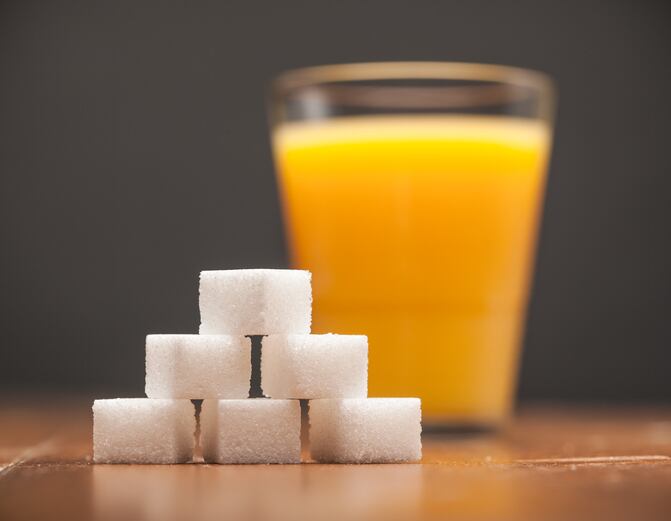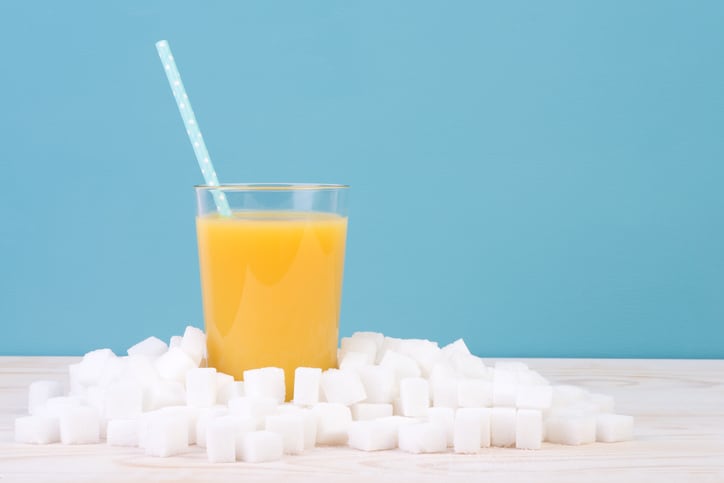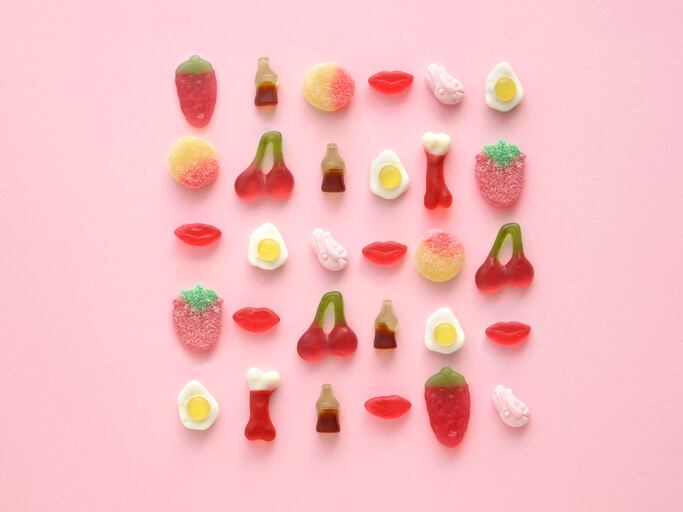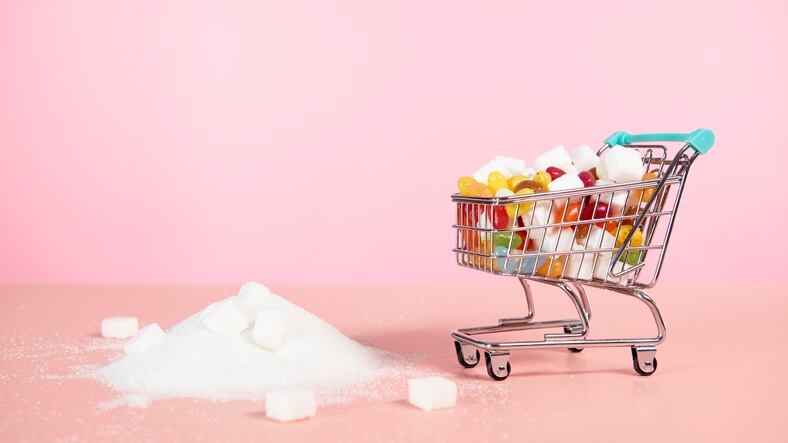The technology, which was developed by Israeli start-up Better Juice in conjunction with a biochemist and microbiologist from The Hebrew University, uses non-GMO enzymes to convert the sugars in fruit juice – fructose, glucose, and sucrose – into prebiotic and other non-digestible fibers and sugars.
Privately-held, vertically integrated Citrosuco is one of the largest orange juice producers in the world and will build a pilot plant to scale up the process. It has not confirmed the location of the plant but it should be up-and-running by the end of the year with a manufacturing capacity of 50 liters per hour.
Better Juice’s CEO, Eran Blachinsky, said the process was a combination of technologies, such as microorganisms and the immobilization process, each of which is approved by health regulatory authorities in Europe and the US. However, the biotech company has not sought regulatory approval for its process yet due to financial constraints.
According to Better Juice, its proprietary process can achieve sugar reductions of between 30 and 80% in orange juice without altering the fruity orange flavor of the juice.
Reducing the sugar by 30% does not require added sweeteners as it still tastes sweet enough to most adult palates. For larger reductions, however, a sweetener could be added to ensure palatability.
In the US, manufacturers can make a ‘reduced sugar’ health claim if they reduce sugar by at least 25% while in Europe the minimum reduction level is 30%.
In some markets, Better Juice's process may allow manufacturers to make an added fiber claim, such as ‘enriched with dietary fibers’.
'For any products where sugar is present naturally'
The process could also be used to reduce sugar in other naturally sweet foods.
“Our solution is relevant for products where sugar is present naturally or as a must ingredient, for example, the fermentation of soy sauce,” Blachinsky told FoodNavigator-LATAM.
“It can be applied to any sugar-containing food or beverage, but there is no point of using it in an added sugar product […] as in these, one can decide not to add the sugar in the first place.”
While Citrosuco will be focusing on orange juice only, other applications could follow, Better Juice said.
Alex Marie Schuermans, product development and applications general manager at Citrosuco said: "We have been seeking an orange juice sugar reduction technology for some time. Better Juice’s solution holds a lot of promise and we are confident that by combining their technology with our know-how, we can accelerate production of the first sugar-reduced orange juice.”
Under Brazil's 2014 dietary guidelines, fresh or pasteurized fruit juice without added sugar is a "natural or minimally processed food" that people are advised to prioritize over ultra-processed food and drink.
However, even natural fruit juices contain high amounts of sugar and no satiating fiber.
According to USDA data, a 330-ml glass of orange juice contains around 28 g sugar. A 330-ml can of Coca-Cola Original in Brazil contains 37 g sugar.
Blachinsky said he was excited to count Citrosuco as a strategic partner, calling the collaboration “a vote of confidence”.
Blachinsky believes Better Juice, which received seed investment and support from the Israeli Kitchen Hub incubator to scale up, could be the only company on the market that offers a process to reduce all types of sugar in juice.
“There are others that reduce only one type (sucrose) thus cannot treat all fruits and their product cannot be ladled ‘sugar-reduced’,” he said.
“Other solutions like fermentation or physical separation are not efficient enough and affect other components of the juice that are healthy [such as] vitamins and organic acids.”
Enzymatically engineering food
The use of enzymes and microbes to change the molecular make-up of food through fermentation is gaining traction.
Palm oil: C16 Biosciences has developed a process, still at the development stage, to produce ‘deforestation-free’ palm oil in a lab through microbial fermentation.
Saturated fat: Chilean start-up Protera Biosciences uses enzymatic proteins to transform saturated fat into unsaturated fat. It can also increase the melting point of vegetable fats, allowing manufacturers to replace hydrogenated oils or palm oil.
Stevia: Cargill and DSM produce use a GM yeast to ferment Reb A and Reb D, the best-tasting molecules in stevia that exist in very small quantities naturally in the plant.




